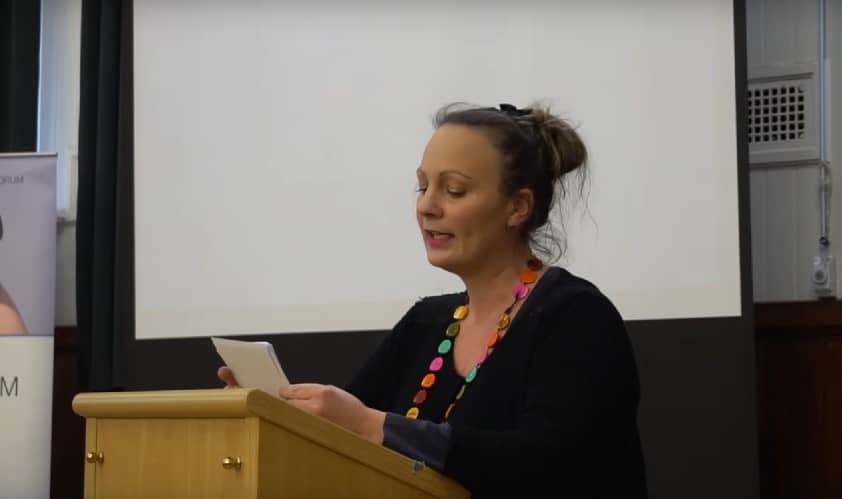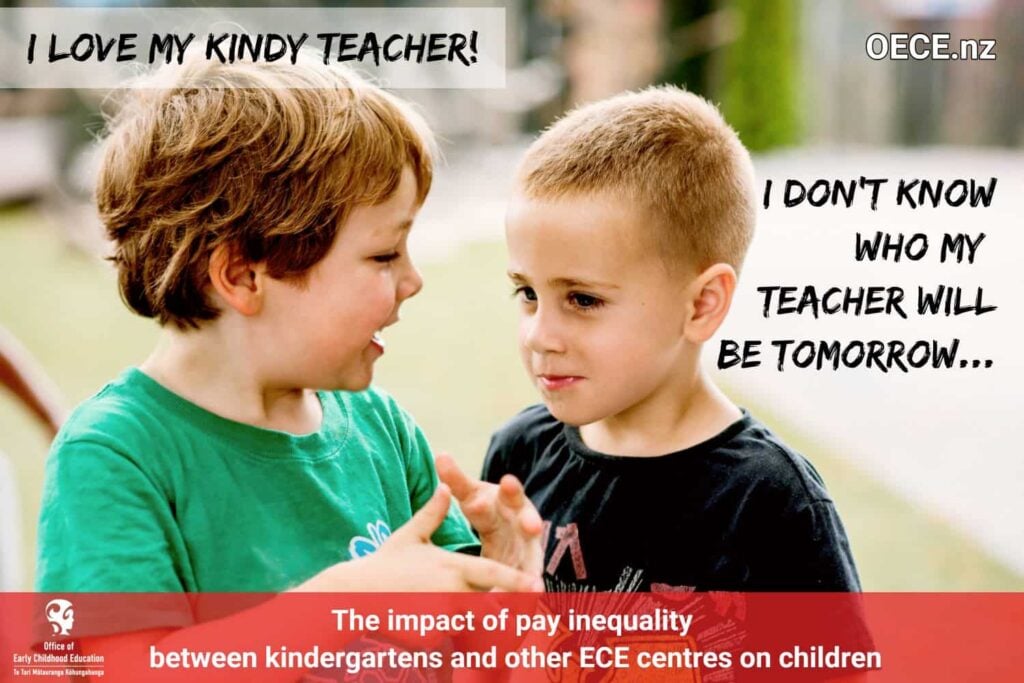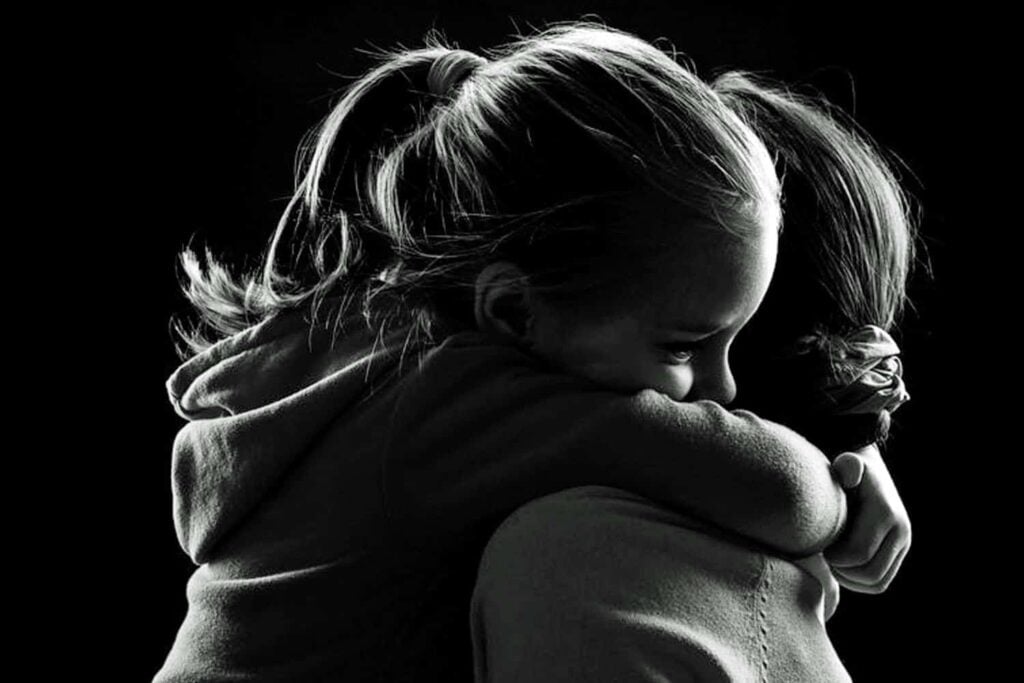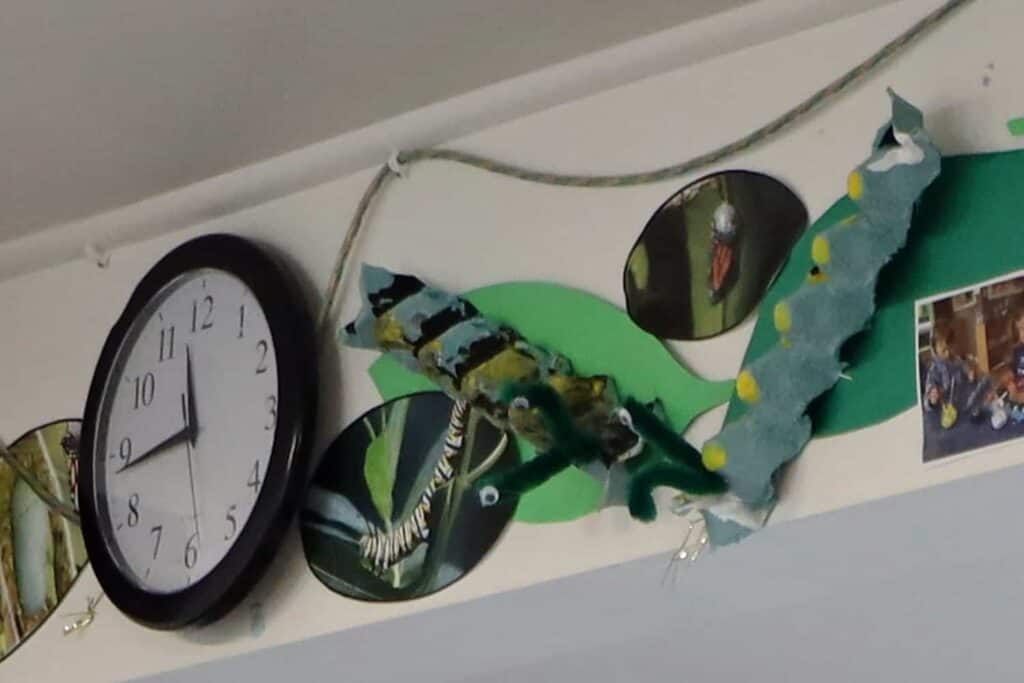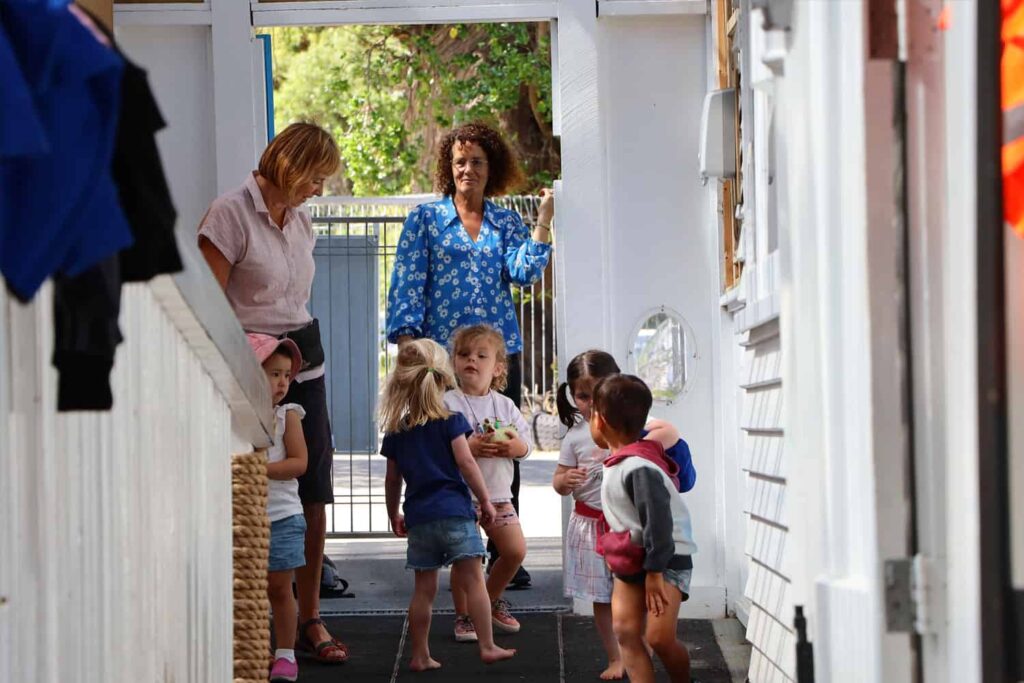Communities of Learning.
By Dr Sarah Alexander.
July 4, 2017.
Why would anyone in early childhood education want to be part of a scheme called ‘Communities of Learning’ set up by former Education Minister Hekia Parata when:
- All leadership positions with a COL can only be held by those within the compulsory school sector?
- Many early childhood services already have contact with local primary schools as part of supporting children transitioning to school and have contact with secondary schools supporting students with work experience?
- We can be placed on the bottom rung of the ladder and even made invisible? For example the NZ Schools Trustees Association currently states on its website “A Community of Learning (a Community) is made up of approximately eight to twelve schools. These schools form a pathway which reflects students’ journey through the education system”, and there’s no mention that early childhood education is part of the pathway.
- Only State, state-integrated schools and kura involved in Communities of Learning get ongoing operational funding and staffing support? Each school receives $1,000 from the Ministry of Education to help with costs of participation. Teachers get paid release time. Principals and school teachers only can be appointed to paid roles with COL – and as at 11 April 2017, 1100 school teachers and principals had been appointed to a paid role.
- In early childhood education our focus is more on learning and nurturing than on outcomes? The professional capacity of teachers is therefore very important in ECE but the COL approach is focused on management, and on student achievement, and national standards
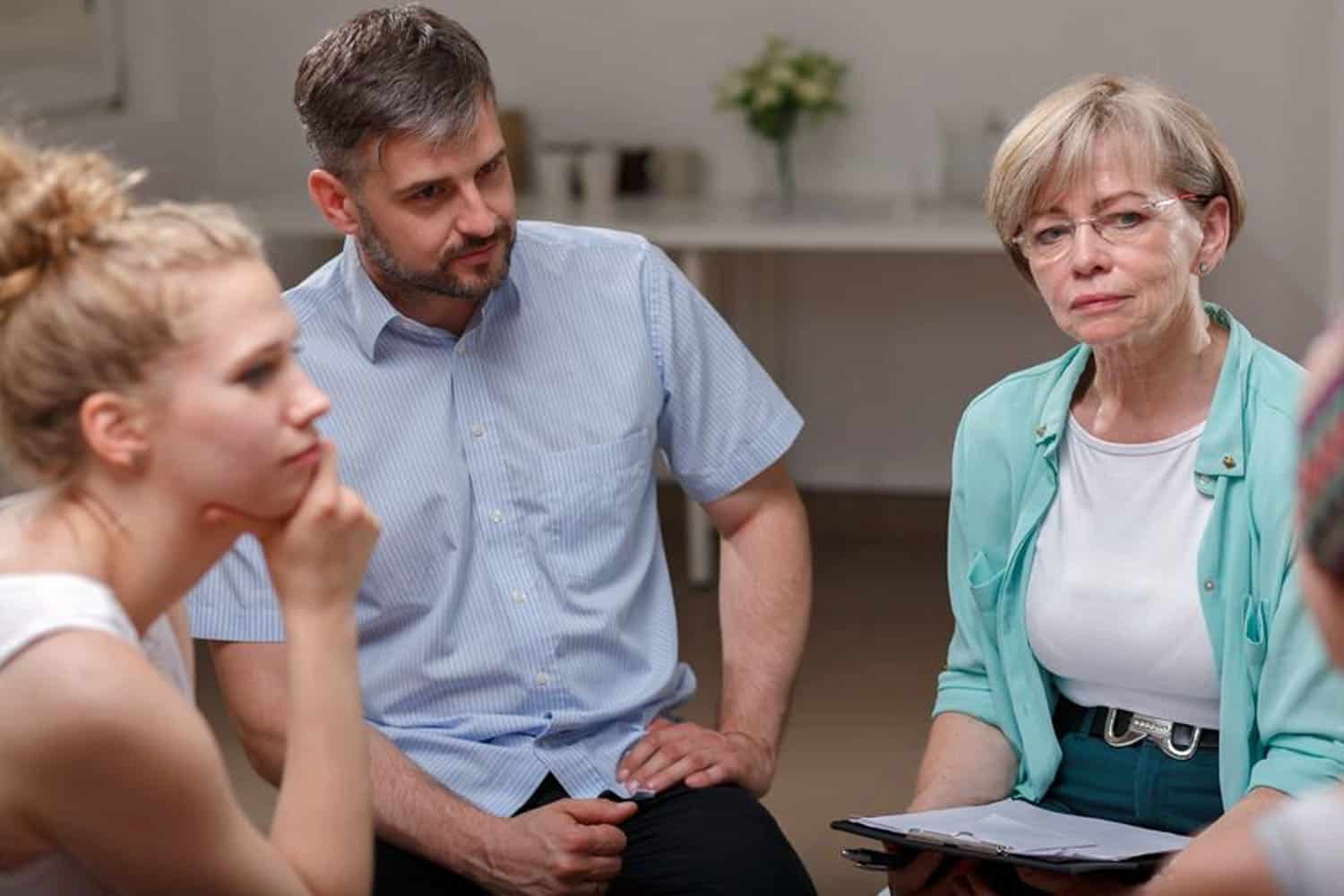
At this point you might be saying NO to participation – but keep reading and learn more before you form your opinion.
Why get involved?
Educare Early Learning Centres in the Northland, Waikato and Wellington regions is supportive of the Communities of Learning concept.
Educare’s area manager Gillian Rajan believes early childhood services should get involved, be strong advocates and that the input of early childhood educators will be valued by others in a COL.
We have a key role to play in advocating for children and being a voice for whanau. We can talk about the importance of social competencies, the soft skills and dispositions like resilience and persistence. While schools are focused on the hard data and what can be measured, we can be reminding them and keeping at the forefront the importance of tamariki learning to love learning and to be willing to take risks and not fear failure in their learning
At present Communities of Learning are new and are growing and Gillian says that now is the ideal time for ECE services to get involved:
If you are not on board you won’t be in a position to help steer the boat – whether we can and how strongly we can in early childhood education is unknown but if we don’t get involved now we will never know.
If at first you do not hear back from the Ministry of Education as to which COL is most relevant to your ECE service or if there is a COL set up in your area – Gillian recommends that you persist.
It may mean though that you end up doing a little more than what you bargained for. In Gillian’s case:
I found I was the only ECE person in the Huntly District Kāhui Ako at the stage of forming. I was asked to organise an ECE grouping. My first thought was ‘you want me to organise all the ECE services in the district?
My organisation is currently donating 3 hours of my time every fortnight and you want more – with no equivalent finance allocation that primary or secondary schools are getting’?
It was a challenge at first but now I understand that it’s about relationships and building those relationships to make sure our curriculum is known and transferred across the education system so what our tamariki are learning in ECE continue for a successful outcome for all tamariki.
As Communities of Learning are school-based, often headed by the principal of a secondary school, ECE people need to be prepared to speak up, be clear about what they want for children and be an advocate.
Initially each sector will struggle to understand the other, but when the cross-sector barrier comes down and tangata whenua and others in the community are able to be included and involved then the benefits will be seen for our children.
Educare owner Alan Lints says that ideally COLS would have a horizontal structure:
“One of the biggest barriers is the perceived vertical hierarchal structure of COLS, led by secondary school principals when in fact it should be horizontal. All levels of a child’s education life contribute to the end result of Tamariki so everybody must be recognised as making a valuable meaningful contribution.”
More about What a COL is
A ‘Community of Learning’ is a group of individual education services that come together within the vicinity of a secondary school or college and puts in place plans to raise student achievement and outcomes.
“Communities of Learning share a focus on common achievement challenge topics – reading, writing, mathematics, NCEA Level 2 – but the targets that they set vary considerably in their scale, level of granularity, focus on priority learners, and ambition” (Ministry of Edn, April 2017 evaluation report).
It is stated in COL documents and reports that the ECE sector is included as a participant to support transition to school for 4 and 5 year old children through sharing information about the ECE curriculum with schools and in turn gaining a better understanding of schooling to better prepare children for this environment.
“Early learning (sic ECE service) representation in a Community of Learning can help meet the needs of children as they transition to school”. [The Ministry of Education] are able to provide data to show where children commonly move from and to along their learner pathway. This can identify which early learning service and Community of Learning should be talking”. (reference)
For example, the Achievement Challenge document for the Nelson City COL only mentions ECE’s contribution in relation to transition to school and curriculum information sharing between settings.
The Ministry of Education states that building a thriving and successful COL means:
- Breaking down barriers – meeting with and talking with one another
- Sharing practices
- Sharing resources and facilities – including staffing and perhaps even comparing electricity costs by school size and identifying savings that could be made.
In its first report on Communities of Learning the Education Review Office wrote:
“The big challenge is to move beyond focussing on ‘my school/ early learning service’ to ‘our schools/early learning service’ – to a collective responsibility for the equity and excellence of outcomes for all children and young people within the CoL.”
Nearly all ECE services are privately-owned and today the Ministry of Education also treats community-based services as privately managed operations – this is somewhat different from the public school system where there is a collective focus on public education and ability to information share without thought of protection of business interests.
How to find out more and join
The Ministry of Education welcomes early childhood services to be involved. If there is already one early childhood service in your area within a COL your service will likely be represented by its representative. Elections for ECE representatives are not known to take place.
A list of every early childhood service signed up to a COL is kept in a Ministry of Education data base, which can be accessed by the public and the Minister of Education at any time. (Note that there has been some discussion in social media if a service or school not joined up to a COL may be viewed as behaviour that constitutes political disobedience and could the Education Council of Aotearoa NZ (ECANZ) determine that a teacher who did not agree to participate was engaging in serious misconduct).
The Ministry of Education wants to keep participation in a COL a positive experience and is working to manage ECE service and sector involvement.
To find out more contact your local Ministry office. You can also ring 0800 IES INFO (0800 437 4636) or email [email protected]
Or why not make the first step at relationship-building and put in a friendly call to principals at the schools nearest you and check out if they are involved in a COL.


